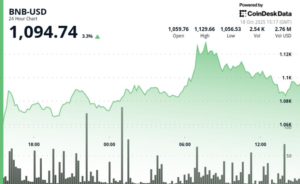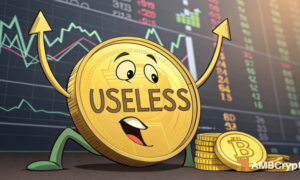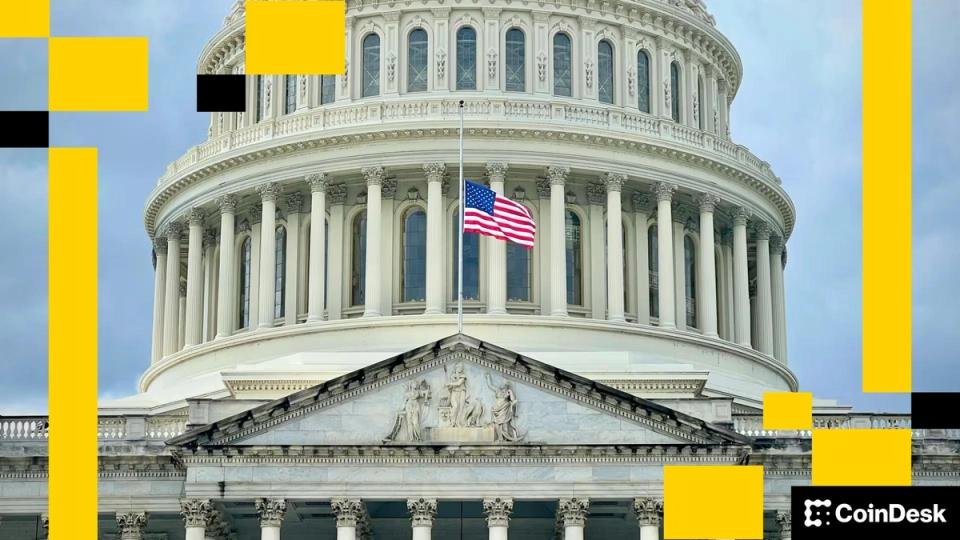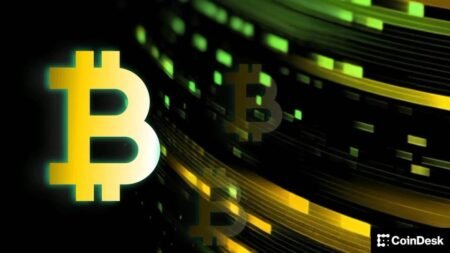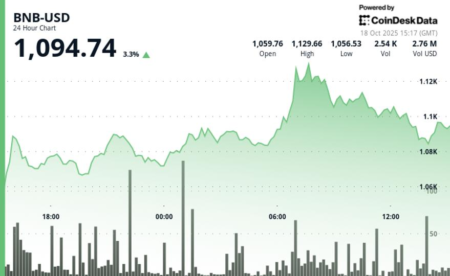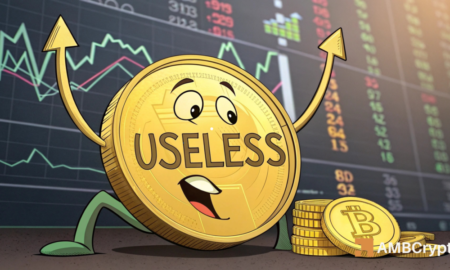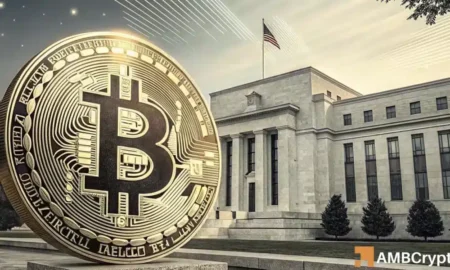Navigating Compliance in Decentralized Finance: Insights from D.C. Fintech Week
During D.C. Fintech Week, a pivotal conversation emerged regarding the intersection of decentralized finance (DeFi) and regulatory compliance. The panel, which I had the honor of moderating, included influential figures such as Maha El Dimachki from the BIS Innovation Hub, Yaya Fanusie from Aleo, and Lee Schneider from Ava Labs. This discussion revolved around a critical question: Can decentralized finance projects truly operate within the confines of existing regulations, or is this pursuit an inherent contradiction?
The debate on whether developers can be held liable for the misuse of their projects continues to gain traction amidst several high-profile cases involving alleged money laundering activities through DeFi protocols. The core inquiry centers on the extent to which developers can implement safeguards against malicious usage while adhering to the foundational principles of decentralization. This tension raises an important consideration for regulators aiming to establish effective oversight without stifling innovation.
The dialogue began with contrasting philosophies on DeFi. One viewpoint argues that the essence of decentralization defies regulation: if a protocol is truly decentralized, developers cannot (and arguably should not) interfere with user transactions. Conversely, some panelists suggested that developers have a responsibility to mitigate potential risks, particularly the likelihood of their technologies being exploited by bad actors. This aligns with a broader trend toward risk management over strict compliance.
As the conversation progressed, emphasis was placed on the need for a consensus on what compliance truly entails in the context of DeFi. Fanusie proposed that developers’ responsibilities could be framed around managing risks associated with their protocols, rather than adhering to rigid regulatory structures. He emphasized the importance of anticipating issues, such as identifying potential money launderers who may attempt to misuse the technology.
El Dimachki introduced the concept of outcome-based policymaking, which allows regulators to focus on preventing harmful activities without imposing overly burdensome compliance requirements. This approach advocates for a collaborative effort between developers and regulators, aiming to foster innovation while ensuring that the DeFi landscape remains safe for users.
Schneider highlighted a shared goal between developers and regulators: protecting user funds. Both parties are motivated to prevent scenarios in which users lose their investments, reinforcing the idea that aligning objectives can lead to constructive collaboration rather than adversarial relationships. While there is agreement that developers can take steps to ensure regulatory compliance, the panelists acknowledged that the intricacies of DeFi would make it challenging to achieve this aim universally.
Ultimately, the discussion underscored that the relationship between DeFi and regulation is anything but straightforward. As the sector continues to evolve, ongoing dialogue is necessary to address the complexities surrounding compliance. It raises essential questions about the feasibility of decentralized projects adapting to regulatory landscapes that vary significantly across jurisdictions. Developers may need to employ innovative solutions, but they must also confront the potential liabilities associated with their protocols’ usage.
As we venture into this new era of DeFi, it is crucial to engage in conversations that bridge the gap between innovation and regulation. Understanding the balance between facilitating user freedom and ensuring safety can pave the way for a more responsible approach to decentralized finance. Whether compliant DeFi can exist remains under scrutiny, but the pursuit of this balance is essential for the sustainable growth of the industry.
If you have insights or thoughts on this topic, I encourage you to reach out. Your perspectives could contribute significantly to the ongoing conversation surrounding DeFi and compliance. Thank you to the Fintech Foundation for facilitating this meaningful dialogue at D.C. Fintech Week.


